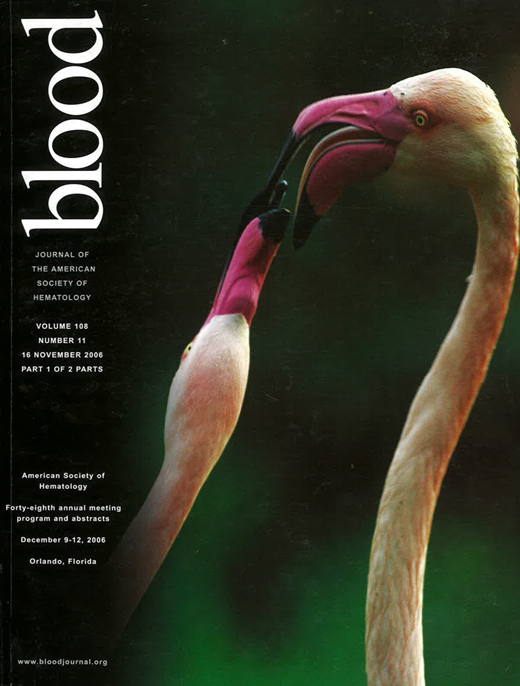Abstract
Marrow-derived stromal cells (MSCs) are considered a promising cellular vehicle for the delivery of nucleic acid-based therapeutics. In preclinical studies using a murine model of hemophilia A, we studied the effectiveness of ex vivo retrovirally-modified MSCs at synthesizing therapeutic amounts of factor VIII (fVIII). Previously, we observed robust anti-fVIII immune responses following intraperitoneal or intravenous delivery of MSCs genetically-modified to express a B-domain-deleted high expression porcine fVIII (HEP-fVIII) transgene (1). The presence of anti-HEP-fVIII antibodies masked any potential HEP-fVIII in circulation and thus, it was not determined whether or not the MSCs persisted in vivo. Furthermore, transplantation of HEP-fVIII-expressing MSCs into wild-type C57BL/6 mice induced an anti-fVIII immune response that decreased the endogenous murine fVIII levels to <10% of normal between wks 2 and 3 post-transplant. Analysis of plasma samples from these mice demonstrated the presence of anti-fVIII immunoglobulin populations that displayed cross-reactivity with human and murine fVIII in an ELISA and inhibited human and murine fVIII activity in a modified Bethesda assay. Therefore, pre-existing tolerance does not prevent the generation of antibodies that bind and inhibit murine fVIII. To further study the expression of HEP-fVIII from MSCs in immuno-suppressed animals, hemophilia A mice were pretreated with 5.5 Gy total body irradiation (TBI) prior to receiving HEP-fVIII-expressing MSCs. Pre-transplant TBI facilitated the detection of circulating fVIII activity for up to 6 wks, compared to 5 days in non-irradiated mice with an observed peak fVIII activity of 20 units/ml, which is 20-fold higher than the normal human level. However approximately 6 wks post-transplant, these mice developed large abdominal tumors that displayed histology similar to non-malignant fibrosarcoma. PCR analysis confirmed the presence of the HEP-fVIII transgene in the tumor cells at ~38 copies per diploid genome equivalent. In contrast shortly after viral transduction, the MSCs were shown to contain ~2 transgene copies per diploid genome equivalent, which increased to 5 and subsequently to 19 during ~1yr of expansion in culture. These results suggest that time-dependent genome amplification occurred during ex vivo culture and possibly in vivo post-transplantation. Cultured tumor cell explants secreted high levels of fVIII at a rate of 12 units/106 cells/24 hr in serum-free medium. Together these data indicate that the genetically-modified MSCs comprised a significant proportion of the tumor mass. The observation of tumor formation in these mice is consistent with previous reports describing a transformed phenotype in human and murine MSCs that had been cultured extensively ex vivo (2–4). The current findings demonstrate that, although murine MSCs are amenable to ex vivo manipulations and are capable of efficient fVIII biosynthesis, the immunogenicity of MSC-produced fVIII and the potential for oncogenic transformation raise important concerns regarding the use of MSCs as vehicles for gene therapy.
Disclosure: No relevant conflicts of interest to declare.
Author notes
Corresponding author

